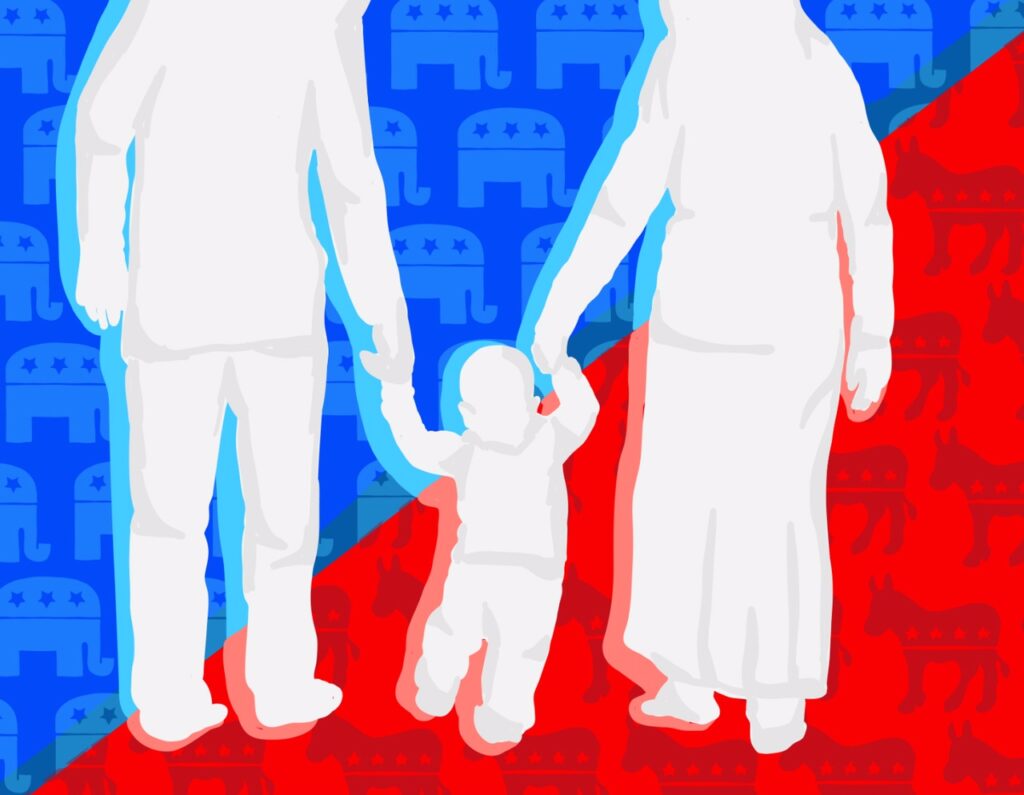More teenagers than ever are engaged in politics. According to the 2021 Harvard Youth Poll, in 2016 only 24 percent of American youth considered themselves politically active. By 2021 that number had grown to 36 percent. However, at the same time, rates of depression in youth are rising — the percentage of teenagers who reported persistent feelings of hopelessness and sadness in a Centers of Disease Control and Prevention study increased from 28 percent in 2011 to 42 percent in 2021 — and we hear more about politically-involved students becoming burned out. As there are both benefits and drawbacks to young people being involved in politics, the key is to find a balance so that the involvement benefits mental health instead of harming it.
Being too engaged in politics can be detrimental to a teenager’s mental health. Most teenagers are unable to vote, but also recognize that they will have to live in a world shaped by the laws passed right now. This can easily contribute to a feeling of powerlessness and worry. Additionally, many teenagers who attempt to get involved in politics in ways other than voting struggle with burnout.
A study from the Multidisciplinary Digital Publishing Institute writes, “Perhaps due to experiences of burnout or the significant time that activism takes, studies of college student activists have found that activism can sometimes take a toll on students’ academic performance.”
Teenagers simply being much more aware of current events due to social media may also be part of the reason why mental health is declining. Nowadays everyone is hyper-aware of when bad things happen. Combine that with the fact that news outlets publish more stories with negative news — according to Penn Live, 87 percent of national reporting is negative — it can be easy for teenagers to feel like everything in the world is going wrong. On top of this, youth who become especially invested in their politics may lose friends with different politics and run the risk of shutting themselves off to other viewpoints.
While political activism may harm teens’ mental health, it may also benefit it. Through participating in protests and political groups, teenagers can find a community of like-minded people who will support them. A study in the journal Child Development found that “(Activist) teens were more likely than peers who weren’t engaged in civic activities to attain higher income and education levels as adults.” This may be because teenagers who participate in politics can often forge a strong sense of identity and gain self-confidence.
Youth can gain a lot from involvement in politics, but it must be managed in a healthy way. Knowing when to stop reading the news, when to take a step back from activism, and always staying open to different viewpoints are a couple of ways to do this. After all, problems in the world can only be fixed if we also take the time to take care of ourselves.


